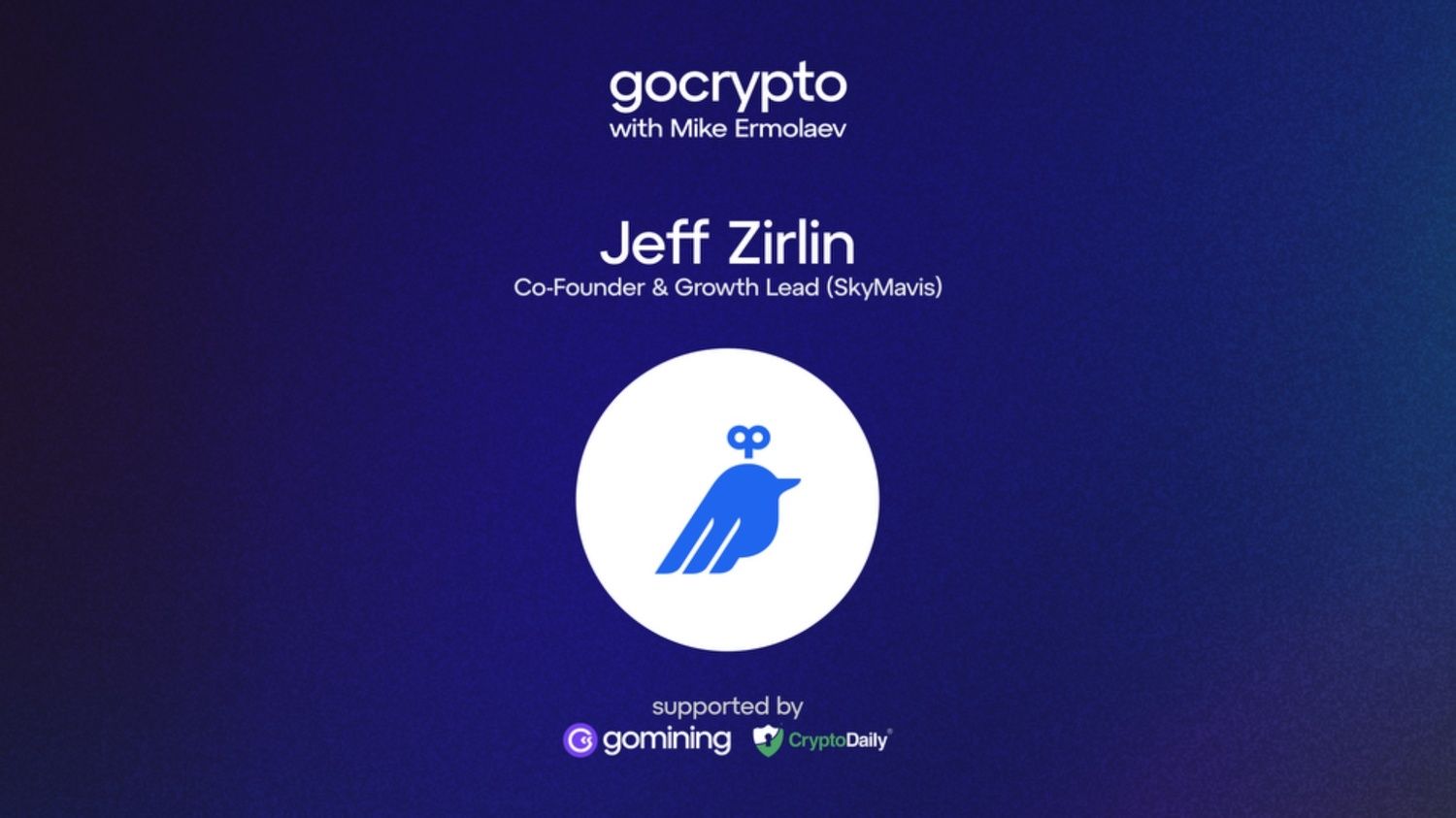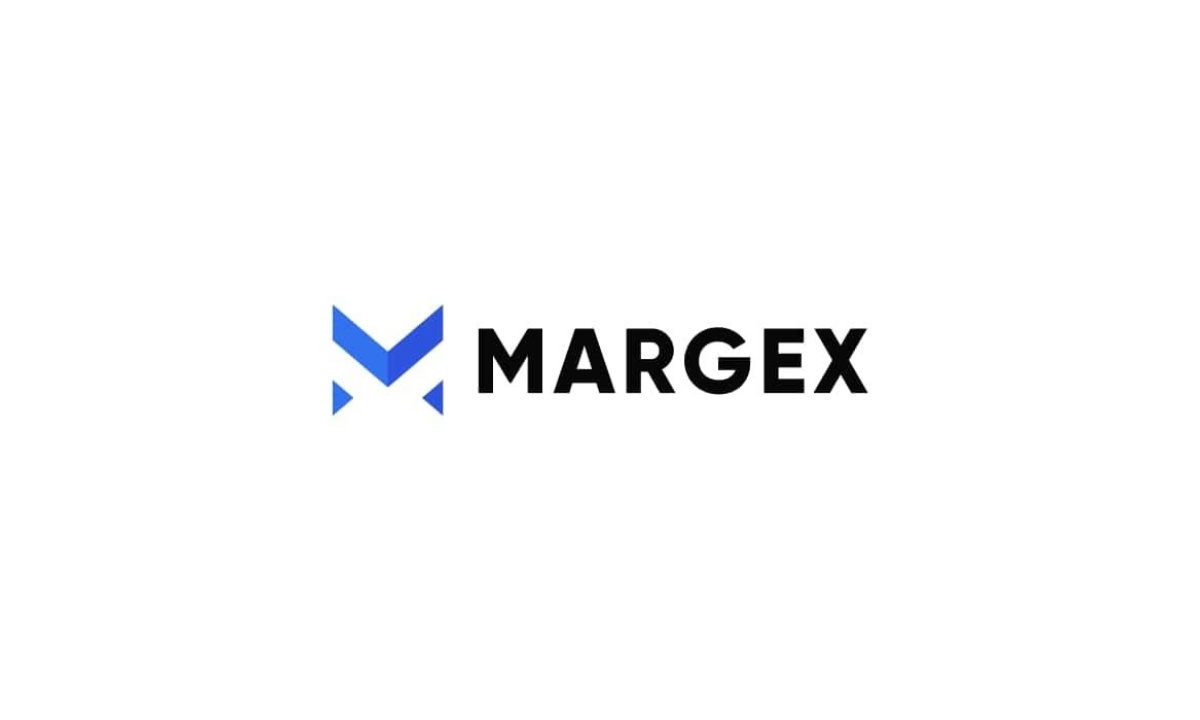Table of Contents
- MicroStrategy Announces Orange Protocol
- A New Milestone
- MicroStrategy’s Foray Into The Identity And Authentication Space
MicroStrategy founder Michael Saylor and the EVP of Engineering have announced the Orange Protocol, a decentralized identity platform built on the Bitcoin network.
The initiative, which was announced at the MicroStrategy World: Bitcoin for Corporations 2024 event, hopes to anchor digital identities in the Bitcoin blockchain.
MicroStrategy Announces Orange Protocol
The open-source MicroStrategy Orange Decentralized identity protocol was unveiled during a presentation at the annual MicroStrategy World conference held in Las Vegas. According to Cezary Raczko, Executive Vice President at MicroStrategy, MicroStrategy Orange is an enterprise platform for creating decentralized identity applications on the Bitcoin blockchain.
“Today, I’d like to introduce MicroStrategy Orange, which is an enterprise platform for building decentralized identity applications on the Bitcoin blockchain. The platform consists of three fundamental pieces. At the heart of it is a service cloud hosted that allows you to issue those identifiers to your users and your organization.”
He added that MicroStrategy founder Michael Saylor made a compelling case for decentralized identity and why anchoring digital identity into the Bitcoin blockchain would make sense.
“Michael presented a very compelling case for why we need decentralized identity and did decentralized identifiers. He made an even more compelling case for why it makes sense to anchor digital identity into the Bitcoin blockchain, protected by the strength and the security of the Bitcoin network.”
A New Milestone
MicroStrategy Orange marks a new milestone in the integration of Bitcoin into enterprise solutions, with the platform designed to empower organizations by enabling them to use and manage decentralized identity applications via the Bitcoin blockchain by leveraging its robust security and immutability. The EVP added that the new innovation enables the deployment of pre-packaged applications that can run on the MicroStrategy Orange platform.
“The orange apps are what’s going to be pre-packaged, point solutions that address specific digital identify challenges. We see a huge opportunity, and this is just the beginning.”
MicroStrategy also published an unofficial draft of the MicroStrategy Orange specification to GitHub. According to the documentation, the decentralized identity protocol utilizes a modified approach to inscriptions, storing only the data related to decentralized identity. This means documents can be created and updated with fewer restrictions while taking advantage of the segregated witness (SegWit) feature of Bitcoin.
“Once you’ve established that that email is genuine, you accept the invitation, and at that point, we’re going to generate your unique decentralized identifier, and the public and private key pair.
MicroStrategy’s Foray Into The Identity And Authentication Space
The timing of MicroStrategy’s announcement was unexpected. However, Saylor had hinted that the company was working in the identity and authentication space, stating that he was exploring how Ordinals could help inspire and create software innovations.
“The whole idea of burning a piece of data on the blockchain opens the door to the possibility that I might burn a digital signature, or I might burn a registration, or I might burn a hash of a document. Right now, enterprises have weak security compared to Bitcoin.”
Saylor argued that currently, enterprises have weak security compared to Bitcoin, and innovations using the cryptocurrency could help create a whole new level of security.
Disclaimer: This article is provided for informational purposes only. It is not offered or intended to be used as legal, tax, investment, financial, or other advice.
Investment Disclaimer










